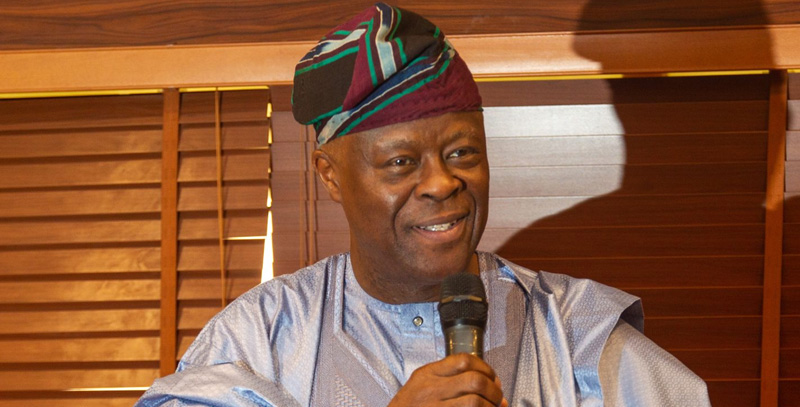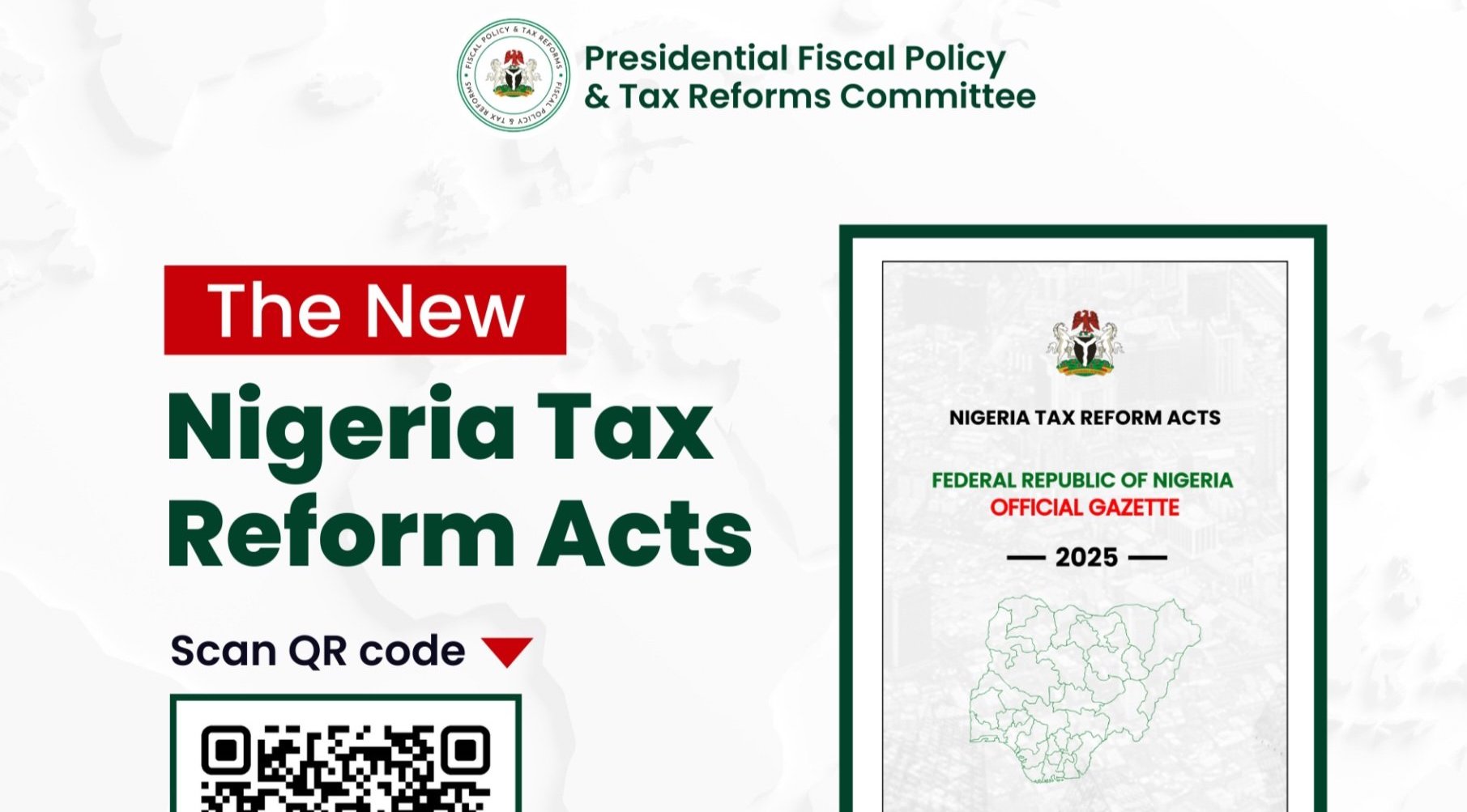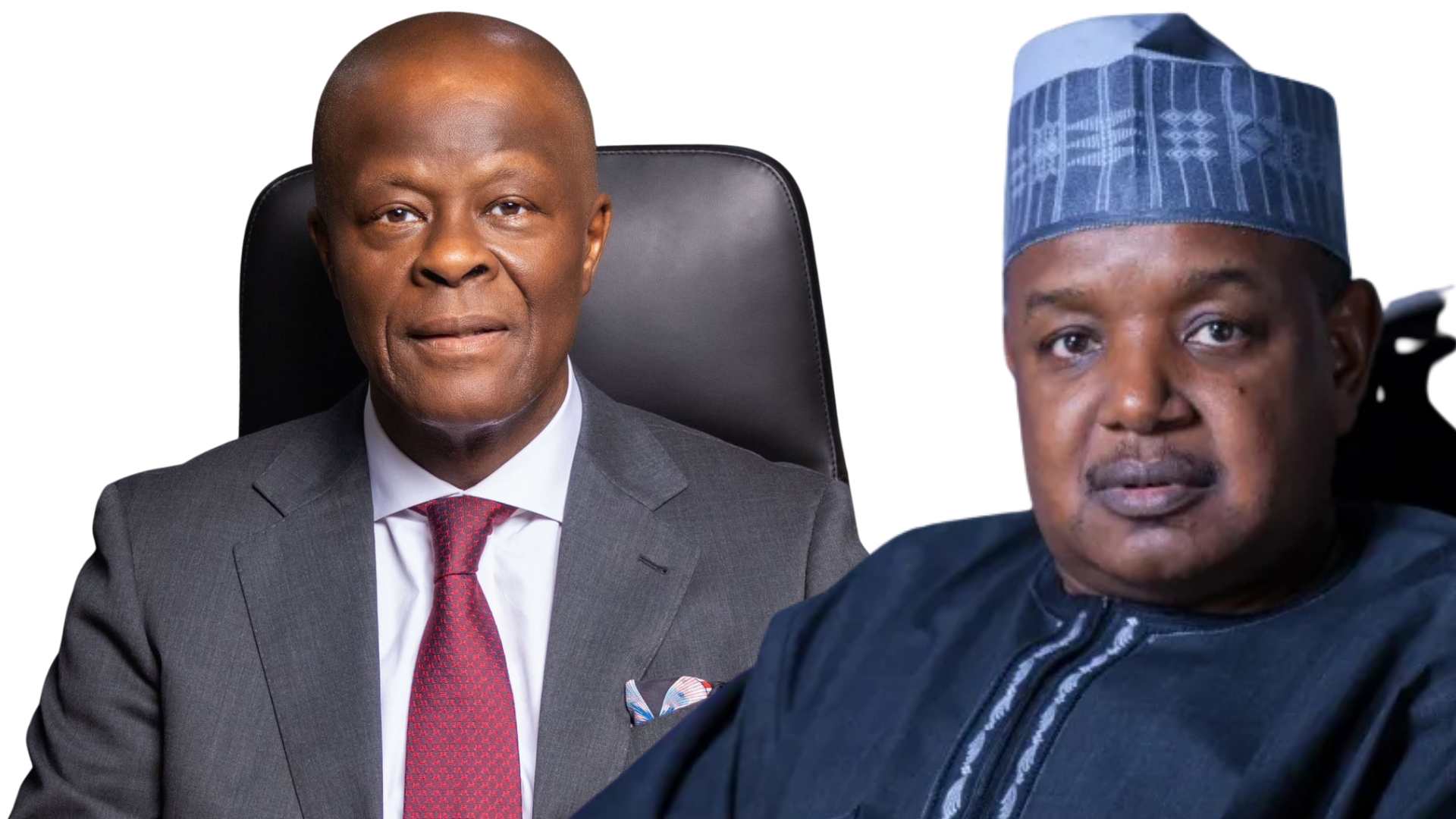K BOLANLE ATI-JOHN argues that the billions in allocations to the states must be measured in improved lives
In June 2025, Nigeria’s Federation Account Allocation Committee (FAAC) distributed an unprecedented ₦1.818 trillion to federal, state, and local governments, the largest monthly allocation in the nation’s history. By midyear, total disbursements for 2024 had surpassed ₦15 trillion, representing a 66% surge from the previous year. This dramatic fiscal growth was driven by a combination of reforms: the removal of the petrol subsidy, a rebound in oil receipts, and improved compliance in non-oil revenue collection.
Yet for the average Nigerian, this wave of revenue has translated into little visible change. Schools remain underfunded, roads continue to crumble, and access to basic healthcare is still a daily struggle for millions. This is the paradox at the heart of Nigeria’s fiscal reality: while government revenues have soared, public outcomes have remained largely static. The disconnect between income and impact demands urgent scrutiny.
Nigeria no longer faces a problem of insufficient funds. Instead, the crisis lies in how those funds are used. A close examination of subnational fiscal structures reveals a system that is dependent on transfers but lacks the mechanisms to ensure delivery. BudgIT’s most recent State of States report shows that 32 out of 36 states rely on federal allocations for more than half their revenues. In 14 states, that reliance exceeds 70 percent. This overwhelming dependence has stifled innovation and local revenue generation. Too many states have settled into a passive governance model, cushioned by monthly FAAC allocations rather than driven by performance or self-sufficiency.
The pattern of spending deepens the problem. In many states, between 70 and 85 percent of annual budgets go to recurrent expenses, primarily salaries, overheads, and political maintenance. Capital expenditure, which fuels long-term development, is chronically underfunded. Across the country, hospitals are announced but not constructed. Roads are flagged off with fanfare, only to be abandoned weeks later. Water schemes exist in budgets and speeches, not in reality.
This systemic failure is worsened by widespread leakages. Funds are siphoned through ghost projects. Procurement processes are inflated to enrich contractors and insiders. Auditing systems, where they exist, are often under-resourced or compromised. The result is a machinery where money circulates freely but rarely reaches its intended destination. It is not a resource crisis. It is a crisis of design, discipline, and delivery.
The consequences are visible and compounding. Over 65 percent of rural roads in Nigeria remain unpaved, isolating millions from markets, clinics, and opportunities. Polling conducted by NOI in 2024 reveals that more than 80 percent of Nigerians believe government projects are either abandoned or misused. Among the youth, frustration is boiling over into migration. Emigration is no longer a reaction, it is a plan. Skilled workers, from nurses to engineers, are charting exit strategies not just because of economic hardship but because of governance failure.
Investors are taking note. The African Development Bank’s 2024 Nigeria Country Risk Report highlighted project execution and governance risk as core deterrents for investment. Nigeria is not short of market potential. It is short of credibility in delivering on promises. And when belief evaporates among citizens, investors, and the next generation, so does the legitimacy of the state.
But the path forward is not to make more noise or proclaim more intentions. It is to quietly redesign how the system functions. Reform must be structural, not rhetorical. Five actionable steps can catalyze meaningful, lasting change.
First, the federal government should initiate Voluntary Development Compacts with states. Through the National Economic Council, willing states would opt into a set of binding agreements centered on integrity, transparency, and results. In return, they would receive targeted incentives like co-financing, technical support, and priority access to federal facilities. Rwanda’s Imihigo system offers a precedent: a performance contract model that has successfully driven local accountability and service delivery.
Second, Abuja must lead by example. A Federal Transparency Portal should be launched immediately. This dashboard would track every federally funded capital project from disbursement to implementation, complete with real-time updates, completion status, and citizen feedback mechanisms. Built with the Budget Office and the Bureau of Public Procurement, this portal would serve not only as a tool but as a public declaration: transparency begins at the top. The Presidency itself should be the first to undergo such scrutiny, sending a clear message that the era of hidden budgets is over.
Third, access to federal support should be tied to clear, measurable compliance conditions. Grants, guarantees, and special intervention funds must become performance based. Only states with open procurement systems, functional audit regimes, and verified revenue tracking should qualify. This approach is not experimental. The World Bank’s SFTAS (States Fiscal Transparency, Accountability and Sustainability) program has been doing precisely this since 2019, disbursing over $1.5 billion in performance-linked grants. When well structured, incentives work.
Fourth, real accountability must come from the ground up. Civil society organizations like BudgIT, CODE, and Tracka have pioneered citizen oversight tools using geo-tagging, field reports, and social media to monitor capital projects. These efforts must be scaled nationwide. In Lagos, a 2024 pilot with the Citizen Feedback Dashboard surfaced 143 stalled or duplicated projects within three months. These were not activist claims, they were verified data points that forced government response. When citizens are empowered with tools, they become co-authors of governance.
Fifth, we must reward excellence. An annual Governance Impact Forum should be convened to celebrate the highest-performing states, local governments, and public officials. Metrics could include budget transparency, service delivery impact, and citizen satisfaction. Kenya’s Open Government Scorecards have shown how public recognition, done right, can become a force multiplier. Nigeria can build its own version not as a PR stunt, but as a national metric of pride and progress.
Critically, this agenda is not confrontational. It does not seek to centralize power or bypass federalism. Participation is voluntary. Compliance is incentivized, not coerced. The tools proposed create norms, not mandates. Change would come not from federal decrees, but from peer competition and citizen demand. This is reform through structure and not through slogans.
To make these intentions real, the federal government should take four symbolic steps within few weeks. Launch the federal transparency portal. Invite a first cohort of three to five states to join the Development Compact initiative. Provide immediate funding for civil society monitors. And announce the date of the first Governance Impact Forum. These actions would mark the shift from intention to implementation, and create momentum that others can join.
To our governors, this moment offers a rare chance to build lasting legacy. Public trust won’t be restored by rhetoric, only by results. Embrace this moment. Let your budgets, not your broadcasts; your delivery, not your declarations, define your time in office. This era demands leadership that speaks through action.
To our citizens, the charge is clear: don’t wait for delivery. Demand it. Track it. Monitor it. President Bola Tinubu himself has made this call unmistakably clear – accountability begins at home. At a 2024 meeting with northern leaders, he urged citizens to ‘summon the governors’ and question them directly: ‘What are you doing with the improved revenue you are getting?’ This wasn’t just political rhetoric. It was a clear directive: federal allocations have increased so should scrutiny. If local governments are failing, Tinubu argued, it’s not just a policy failure; it’s a civic failure if people don’t demand better. Accountability will not be imposed from above. It must be exercised from below.
Ultimately, Nigeria’s transformation won’t be judged by how much money we receive, but by how wisely we use it. The true measure of leadership isn’t income, it’s outcome. President Tinubu has made this clear: his administration is committed to a government that doesn’t just envision progress but delivers it. In his words and actions, he’s emphasized that the only way forward is through a fusion of integrity and execution, vision and results. That’s the standard. And that’s the challenge before every level of leadership in Nigeria today.
This government won’t be remembered for how much it received, but for how well it served. Let this season of record revenue mark more than a fiscal milestone. Let it mark the beginning of a new standard, one that measures success not in allocations, but in lives improved, promises kept, and trust restored.
Admiral Ati-John, a retired naval officer, writes from Lagos
The post IN A SEASON OF RECORD REVENUES… appeared first on THISDAYLIVE.







